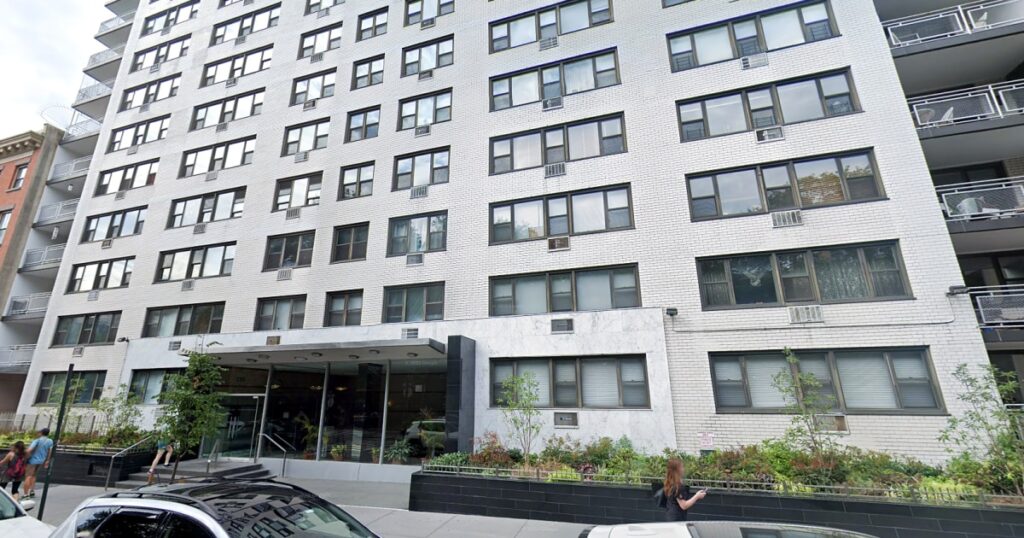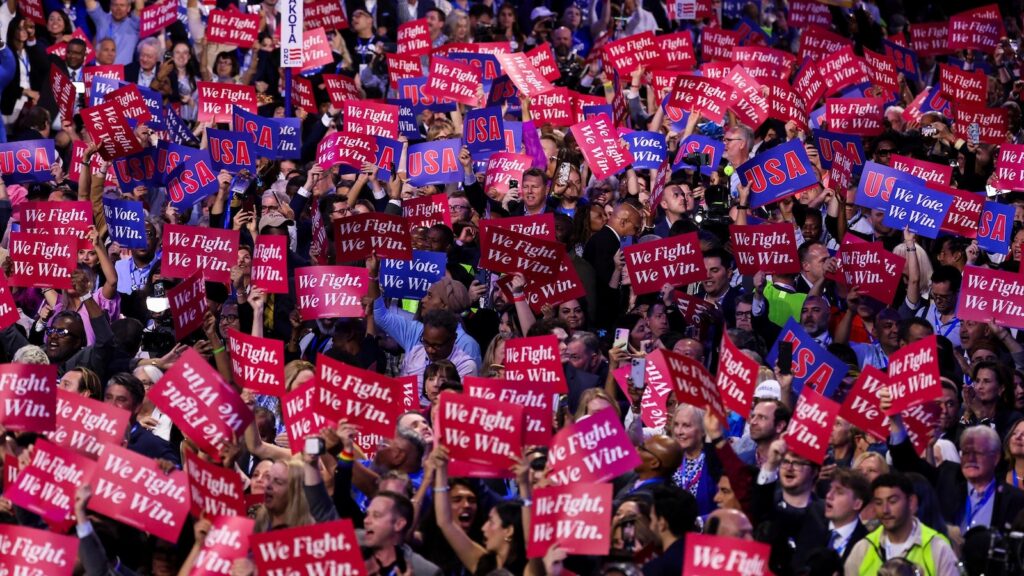
Congressional Republicans have held a variety of town hall meetings lately, and many of them haven’t gone as planned: Angry constituents, even in ruby red areas, have been giving lawmakers an earful lately. It’s reached the point at which GOP leaders have suggested that some officials simply give up on hosting such events altogether.
Complicating matters, however, is how some Republicans are choosing to characterize those who show up for these public events to express concerns that the party doesn’t like.
Republican Rep. Mark Alford of Missouri, for example, told CNN this week that some of his detractors at a recent public event couldn’t have been his actual constituents. Rather, the congressman said, they were “outside agitators.”
Given the ugly history surrounding the phrase, it seems Alford should probably come up with some new talking points.
But he’s not the only one. NBC News reported:
House Speaker Mike Johnson, R-La., said in an interview on CNN this evening that town hall attendees captured in viral videos confronting Republican lawmakers over the work of DOGE were all ‘paid protestors.’ … ‘The videos you saw the town halls were for paid protesters in many of those places,’ Johnson told CNN’s Kaitlan Collins.
Right off the bat, it’s worth noting that the Louisiana Republican offered no evidence to bolster his allegations. Just as importantly, it appears some GOP officials are struggling to accept the possibility that there’s a genuine public backlash to Donald Trump, Elon Musk, DOGE and their maximalist agenda to dismantle much of the federal government.
But as the House speaker peddles dubious claims about “paid protestors,” I’m also struck by the familiarity of the phrase.
In June 2016, for example, when Donald Trump’s candidacy inspired protests, the Republican assumed the people involved couldn’t possibly dislike him. They were, Trump said at the time, “paid agitators.”
After he prevailed on Election Day 2016, there was related anti-Trump activism. Those involved, he said in November 2016, were “paid protesters.”
Months later, after his inauguration, the activism continued. Trump assured the public once more that these Americans deserved to be ignored — because, he assumed, they were “paid protesters.”
The following year, Brett Kavanaugh’s Supreme Court nomination inspired another round of progressive activism. The protesters, Trump insisted, were “paid professionals.” In 2024, the Republican rejected students protesting in support of Palestinians as “paid agitators.”
Putting aside the fact that Russia’s Vladmir Putin has embraced the same tactic, the bottom line is unavoidable: Trump, Johnson and too many of their Republican brethren see Americans who disagree with them as an impossibility that can only be explained through corrupt schemes and illicit payments.
The more believable alternative — that the public backlash against White House abuses and legally dubious excesses is sincere — is apparently rejected out of hand. That might make GOP leaders feel better about the direction of the prevailing political winds, but that’s also likely to leave them that much more surprised after the next round of elections.
This post updates our related earlier coverage.



